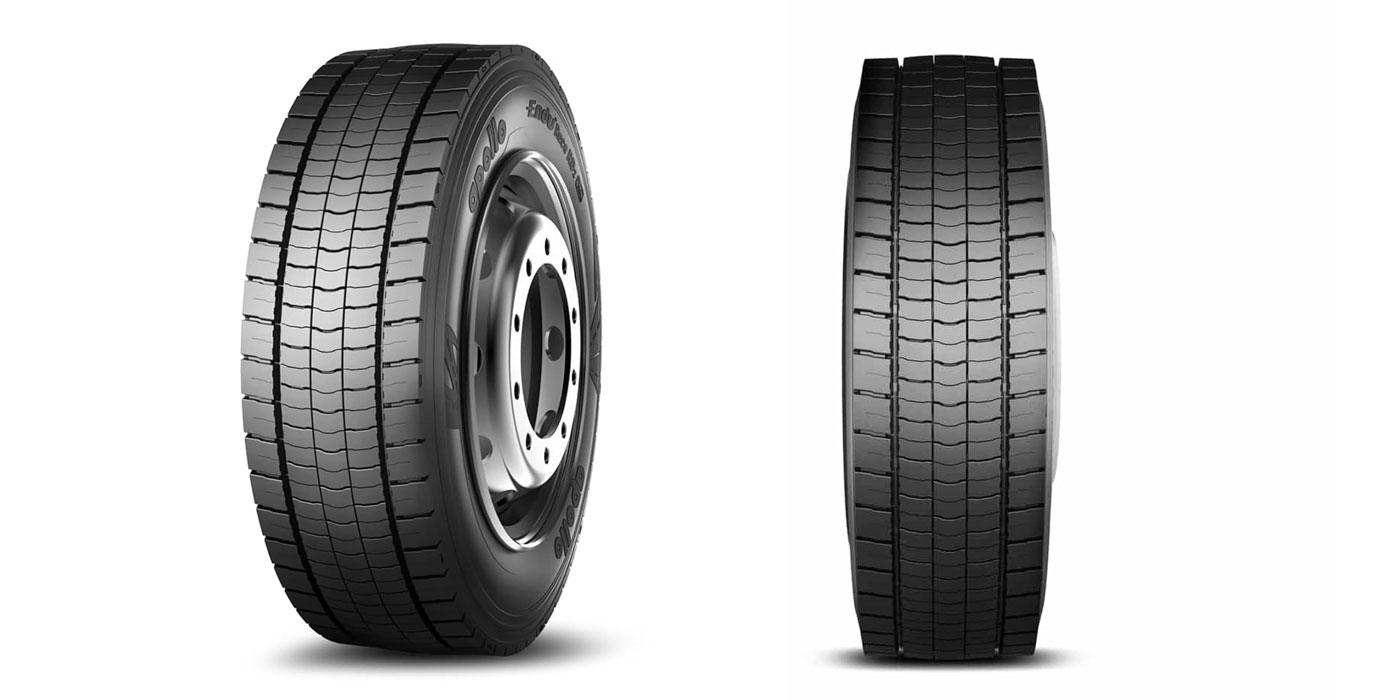Last month we discussed the corn-based ethanol debacle.
It’s satisfying to observe that our Government is finally learning that corn-based ethanol was an obvious alternate fuels misstep. The U.S. Department of Agriculture (USDA) on Feb. 3 announced a Notice of Funds Available (NOFA) of up to $25 million for biorefiners who were planning to produce biofuels from any of 10 different feed stocks (alligator fat would qualify) in 2012. No such incentives were offered for those producers utilizing corn-based feed stocks.
Biodiesel’s future is more promising. Last year, 1 million gallons of biodiesel were produced in the U.S. Biodiesel producers say they will produce 30% more in 2012. Granted, 1 million gallons is a mere drop in the 85.7 million gallon barrel per day (bpd) worldwide energy demand bucket, but it’s a start. Biodiesel has the advantage that it doesn’t adversely effect fuel economy as much as ethanol, so CO2 will be minimized. Its only disadvantage seems to be poor performance at low temperatures. Biodiesel is also being produced from feed stocks other than soybeans.
World auto producers are taking notice of diesel. Clean diesel auto sales increased 27% last year compared to a 10% increase in sales of gasoline-fueled vehicles. J.D. Powers recently forecast that diesel-fueled automobiles will increase from 3% to 7% of the world’s total vehicle market in the next few years. In contrast, BP’s recent energy demand study predicted that alternate-fueled vehicles will take until 2030 to represent 7% of the total vehicle population.
Cadillac (ATS), Chevy (Cruze), Jeep (Grand Cherokee), Mazda (Skyaction-D), Mercedes (S350 Blue Tec), and Porsche (Cayenne) models all will have diesel-fueled options in their lineups in 2012. The Volkswagen Passat has offered a diesel option for some time. European auto manufacturers have years of experience with diesels, and they see diesel fuel as a much more practical solution to global warming than hybrids or electric vehicles. Utilization of more diesel-fueled passenger cars will, of course, increase worldwide demand for diesel fuel. As an aside, the International Energy Agency (IEA) recently announced the results of a study which found power generation produces more CO2 than transportation.
The good news about diesel-fueled vehicles is a double-edged sword. While the world demands 85.7 million bpd of crude-based fuels, refiners are currently producing 74 million bpd. This gap must be filled by new oil discoveries since production in Alaska, the Middle East and Mexico has declined for years. Regulators are still messing around with the Keystone XL pipeline project, and environmentalists are protesting the construction of a refinery in South Dakota. Don’t these people think far enough ahead to realize what they are doing to our energy independence and fuel prices? We have a perfect example in Europe, yet we fail to learn from it.
Another factor that will adversely affect diesel fuel prices is the fact that refiners are maxed out on the amount of diesel they can produce. I mentioned before that a refinery is like a giant water faucet that is designed to produce specific quantities of both gasoline and diesel. Diesel demand is trending up (although it was down slightly in 2011), and gasoline demand is down. Refiners need to reconfigure their refineries in order to produce more diesel per unit of gasoline, yet the environmentalists fight them. Why is ground water so important when discussing refiners and pipelines, yet it isn’t important when discussing ethanol plants?
To me it appears that diesel fuel prices will remain high for a couple of years because of the demand/supply equation (unless we have another recession). Hopefully a decent balance will be restored by 2015. Biodiesel production and usage can only help this situation.













